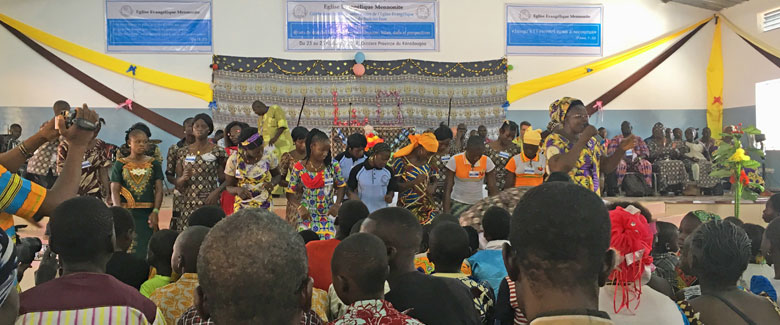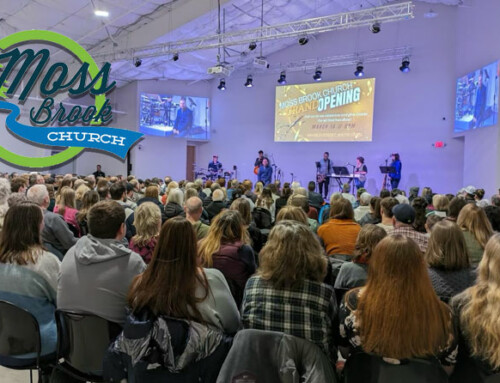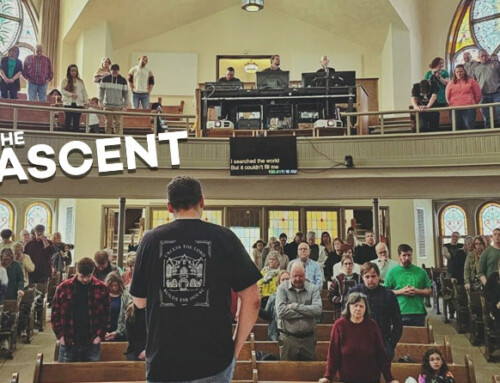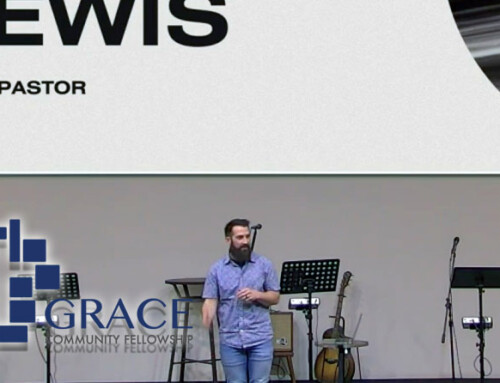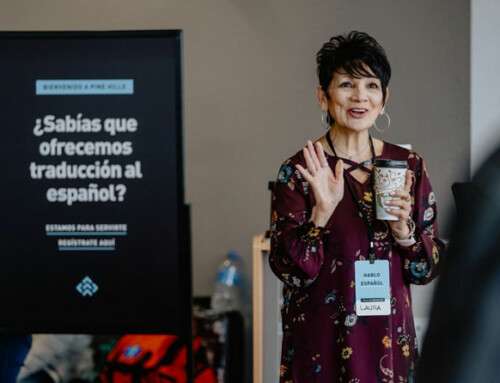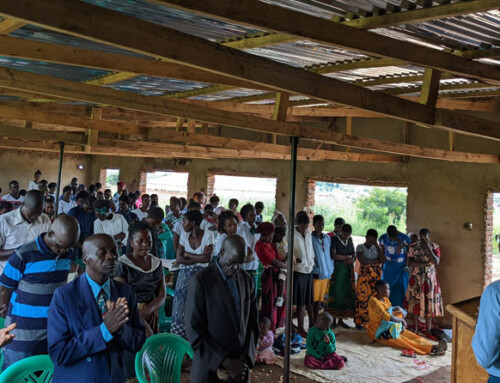In late 1978, Americans were buying gas at $0.63 per gallon, and Jimmy Carter was their president. Most people were listening to the BeeGee’s hit “Stay’in Alive” and watching Little House on the Prairie. By 1979, most Americans had seen the movie Star Wars Episode IV: A New Hope and Grease. Pop culture loomed large in American lives while a group of mission-minded denominations was quietly considering how to take the gospel to unreached people groups in Burkina Faso, West Africa. In November, 2018, 40 years later, FEC staff celebrated that small beginning and the continuing work in West Africa with church leaders in Burkina Faso.
In the late 1970’s, several missionaries invested in Burkina Faso, moving there and learning the languages. Now, 40 years later, churches have been established among five different language groups. Fifteen years ago, the local churches in Burkina Faso established their own structure and leaders. The leaders in that country are committed to planting reproducing churches, starting three new churches last year. When they gathered to celebrate in November, over 700 people attended to commemorate their small beginning and continued growth.
During the celebration, FEC representatives, Hal Lehman and Steve Nelson, discussed a new partnership for the gospel among the Yalunka people with the Burkina Faso leadership. In 2011, FEC missionaries reached out to Yalunka chiefs. The Yalunka are predominantly Muslim and populate several West African mountainous regions. Because of this outreach, many of the Yalunka have begun to follow Jesus in the four main target villages and beyond. Soon, the Yalunka Christians will transition to leading their own people with support from leaders in Burkina Faso.
In February and March, Steve and Pat Nelson will return to West Africa to facilitate a conversation between leaders in Burkina Faso and Yalunka Christians. Missionary Steve Nelson remarked, “God is establishing a church (among the Yalunka) in ways that we could never have dreamed of.” What began 40 years ago continues to reverberate in West Africa.

